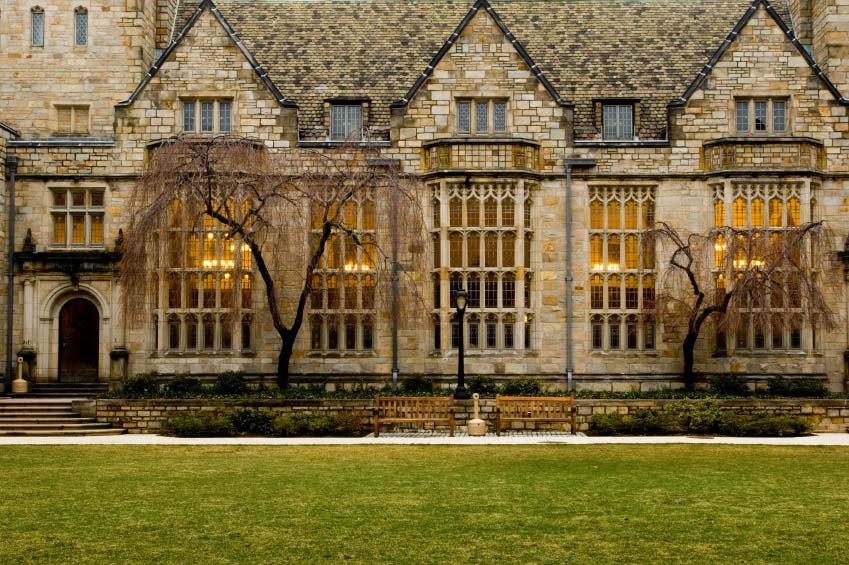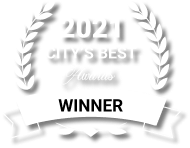Invention is the buzz word around Yale as the New Haven, Connecticut, university revises its Student Patent Policy to encourage more students to think of patentable ideas.
The Yale Office of Cooperative Research (OCR), which facilitates patent filings at the Ivy League school, made the November 18, 2015, announcement as a means of clarifying patent ownership rights, particularly when students obtain expertise from faculty members.
Jon Soderstrom, managing director of the OCR, is hoping the revised policy will “alleviate any anxiety that students may have about their ability to create new inventions with some degree of faculty involvement, to work on them at university facilities and retain ownership.”
According to the revised university patent policy for students, there are four conditions under which the university would own patent rights. However, the student inventor would still share any royalties from licensing agreements.
The four conditions include an invention made:
- As part of employment with Yale or contract work for the university;
- Under a sponsored research or third-party agreement;
- As part of faculty-supervised dissertation work or graduate thesis;
- Using significant Yale University resources. Significant resources do not include taking a course, using the university’s facilities, or receiving minimal Yale funds.
In all other instances, the student inventor(s) would own the intellectual property and have the right to patent it. However, Yale has the right to use the invention for educational purposes or non-commercial research.
According to Soderstrom, “We expect that innovative students will seek expertise and advice from faculty members. Under the new policy, that kind of support wouldn’t deprive the students of their rights to their inventions.”
The policy is also applicable to faculty and staff.
Opportunities for patentable intellectual property exist among students working on projects through the university’s Center for Engineering, Innovation and Design, as well as students enrolled in engineering and computer science courses.
In addition, student clubs, like the Yale Undergraduate Aerospace Association, HackYale and the Yale International Genetically Engineered Machine competition, present opportunities for students to invent new technologies or products that are patentable.
The need for policy clarification was raised back in February 2014 by a group of faculty members and students. They pointed out that the existing policy makes excessive claims to student intellectual property, which could stifle innovation.
The Committee on Cooperative Research reviewed the document’s language and compared it with other peer institutions, including Stanford University in California and the Massachusetts Institute of Technology (MIT).
A recommendation was made to revise the wording to better define what constitutes faculty oversight and university resources.
Since establishing the OCR in 1982, Yale has accumulated a noteworthy portfolio of patents and inventions that have fostered economic development in the Northeast region of the United States. Its focus is to guide research from the university’s labs into products and services that benefit society.
Yale’s innovations and discoveries have impacted several disciplines, including medicine, electronics, chemistry, physics, geology, education, and business. Furthermore, a number of student inventors have opened start-ups in the New Haven area, many focused on the life sciences.


